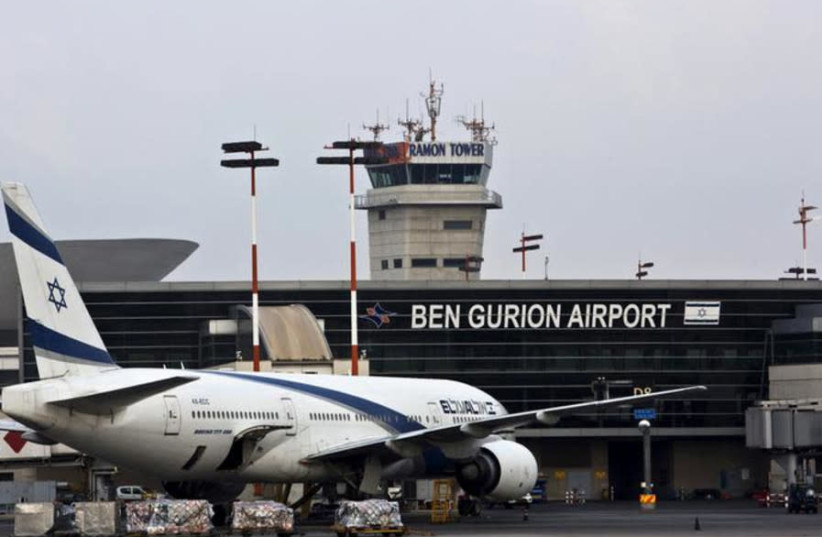Have you left Israel since the start of the war, for a business trip, perhaps, to see family and friends, or even just for a holiday? Or have you not been able to leave for one reason or another, or simply not felt like it – tied to the land in the hope of being able to make a difference, however small?
As a former Mancunian living in Israel, with family and friends still in the UK, after COVID and before October 7, I would travel back and forth with some frequency on the cheap, direct EasyJet flight to Manchester. On occasion, I’d also enjoy a trip to Cyprus, just a short 30-minute hop by plane.
While the country was deeply divided over the controversial judicial reforms during that time, its problems were as naught compared to what happened on October 7, and in the days, weeks, and months that followed. Everything changed on that day; life as we knew it ended abruptly for most Israelis.
Until last week, I hadn’t traveled abroad for almost a year. With children in the army, the country in turmoil, and work commitments, any trips I had planned were put on the back burner when the war broke out.

I spent most of my time reading, writing, interviewing, and most of all, worrying about the situation, to the point of obsession, some would say.
My phone became my lifeline, glued to my hand every waking moment as I constantly checked what was happening. I scoured the news first thing in the morning, last thing before bed, and even during the night when I woke up to go to the bathroom.
I used my work as an excuse for my growing fixation with anything connected to the situation. As a writer, it was essential to keep up with the latest developments, I told myself. But I went way beyond what was necessary to stay in the loop.
I never allowed myself time to switch off. Somehow, it felt wrong to turn my attention away from the war and all the suffering that had descended upon our tiny country – almost like a betrayal.
Even though my family and I are no longer directly affected by the war, at times, I still feel the same anxiety that I felt on day one when my son was called up to serve.
Like so many here, I’ve become racked with worry about the hostages in Gaza and their families, the soldiers on the frontlines, and everyone else affected. I carry their burden around with me like a permanent blanket of sorrow.
Switching off
EARLIER THIS week, therefore, when the opportunity to have a few days away came up, I took it. The idea was to have a change of scenery, clear my head, and switch off altogether.
But it didn’t quite work out that way.
Before closing my suitcase, I attached my little yellow ribbon to it – a small reminder of who and what I was leaving behind.
While I was happy to be away, and even slept well for the first time in months, I found it impossible to switch off completely and still checked my phone repeatedly. The tragic news that four hostages had died in captivity came on the first evening of my trip along with shocking reports of fires raging across the North, sparked by Hezbollah rockets and drones.
Although the list went on, I tried to push it to the back of my mind and focus on switching off.
Soon, however, I realized that this was just not possible: The only way to be unaffected by the horrifying events that are occurring moment by moment in Israel is to cut yourself off from everything, something which I simply could not do.
Nevertheless, I am aware that my approach is not healthy or sustainable in the long term. Unless I check myself, my mental health will likely suffer – so my nearest and dearest tell me – and then I’ll be no use to anyone.
Striking the right balance is crucial, I’ve come to realize, especially as the war is likely to carry on for some time. Allowing myself to take a break from the daily grind to relax and recharge the batteries is not a luxury but rather an essential part of life.
I am realistic, however. While I intend to heed the warnings by not checking the news repeatedly and maybe finding other things to write about apart from the war – until it’s over and all the hostages are home – I have no doubt it’ll still dominate my thoughts.
As an Israeli, it’s impossible to do anything else – nor would I want to.
The writer is a former lawyer from the UK who now lives and works in Israel as a freelance writer for The Jerusalem Post.
